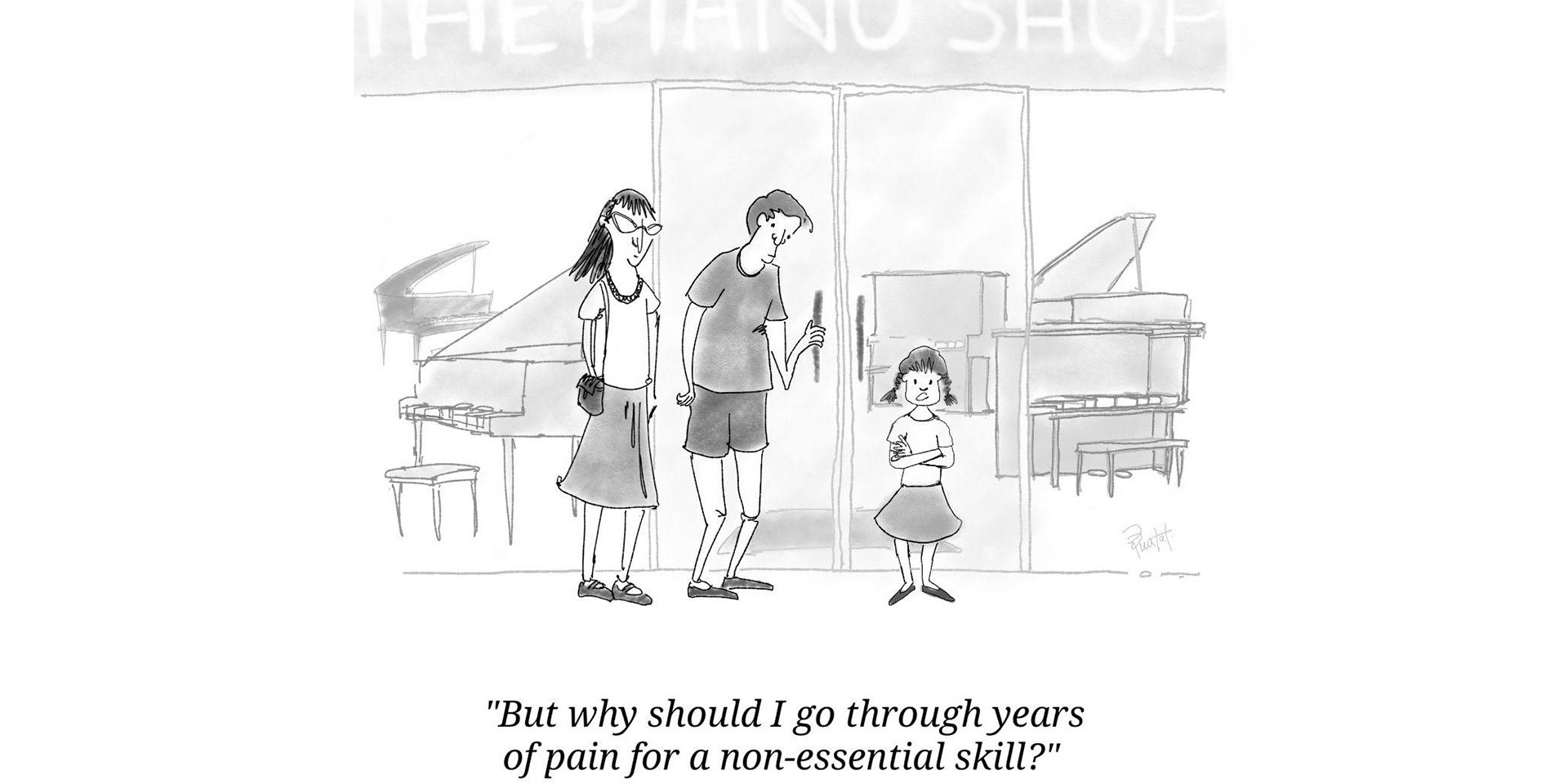The difference between ‘essential’ and ‘non-essential’ has been a frequent conversation in the age of COVID-19.
Most recently, local artists from various industries took to social media to express their frustrations and anger after a commissioned survey, posted by The Sunday Times, revealed that artists were considered the topmost non-essential job.
On 14 June, the Singaporean news publication published results of a survey, commissioned from Singaporean market researcher Milieu Insight, detailing public opinion on which jobs were essential, in the context of the ongoing coronavirus pandemic. Entitled ‘Essential, or not?’, the survey collated responses from 1000 respondents that were a “nationally representative sampling across age, gender and income groups.”
The survey revealed that 71% of the respondents thought that artists were the most non-essential occupation, followed by telemarketers and social media managers and PR specialists.
These results caused an uproar within the local art community and has garnered varied opinions. Many artists stated the importance of arts, while others expressed indifference.
Check out what artists and other members of the arts community have to say below:
JEREMY MONTEIRO
NIKKI MULLER
IVAN HENG
M1LDL1FE
Joke’s on you, @STcom! We’ve been non-essential even before COVID19, hah!!
— M1LDL1FE (@m1ldl1fe) June 14, 2020
HIGHNUN CHICKEN
bittymacbeth
Even local artists and other social media users contributed to the discussion:
My dad was a welder, when I was 16 I told him I wanted to be an artist expecting the “not a real job” talk. He said “ everything you can see, hold , buy and enjoy has been designed by someone, even trees are planted due to a plan. You’ll do just fine” https://t.co/QcF8Au8ywe
— ✨Sonny Ross ✨ (@sonnyrossdraws) June 15, 2020
This country still has a long way to go in terms of the appreciation and critical understanding of the arts and it’s role in society. Long, long way to go. pic.twitter.com/l50vGbfQ3Z
— Mr. H (@asonofapeach) June 14, 2020
they had to commission an artist to make this pic.twitter.com/qJjBoxxLAS
— Jeremy Nguyen (@jeremywins) June 15, 2020
This is a survey in Singapore..
— Robert Ronny (@robertronny) June 15, 2020
71 % said Artists are the least essential job right now..
But honestly..can you survived this pandemic without all the songs.. the films that accompany you during the lock down? Can you keep your sanity?
I rest my case..https://t.co/TvUMxdaXg3
MILIEU INSIGHT'S EXPLANATION - FIND IT HERE
Nevertheless, no matter the public opinion on the arts, the world has undeniably used music, arts, and creativity to get by during these unprecedented and difficult times. With worldwide restrictions on movement and government-imposed self-isolation, we all found ourselves turning to different cultural by-products as a means to cope and gain control over the chaos.
From Italy to Singapore, people all over the world joined together to sing from their balconies, in a show of unity and support to frontliners and those affected by the pandemic:
Artists and musicians collaborating on projects to spread awareness on COVID-19 and encourage people to stay home:
Livestream concerts and karaoke sessions to bring people together despite social distancing:
“This is how, despite the crisis, art is demonstrating its resilience today. Ideas are popping up everywhere: neighbours are gathering at their windows to sing or project a film; many artists are imagining innovative and creative solutions to continue communicating with their audiences, and orchestras are working together remotely,” said Audrey Azoulay, Director-General of UNESCO, in a message on World Art Day (15/04).
There is a reason why participating in arts and music is a popular coping mechanism during a crisis - it promotes a sense of belonging and support in a time where anxiety and panic rules. Researchers refer to it as ‘interpersonal synchrony’, which is a powerful tool that creates connections and trust, as well as improves emotional state and mental health.
So, while artists may not be publicly regarded as ‘essential’, their importance and influence during this time are definitely worth noting.
Like what you read? Show our writer some love!
-

